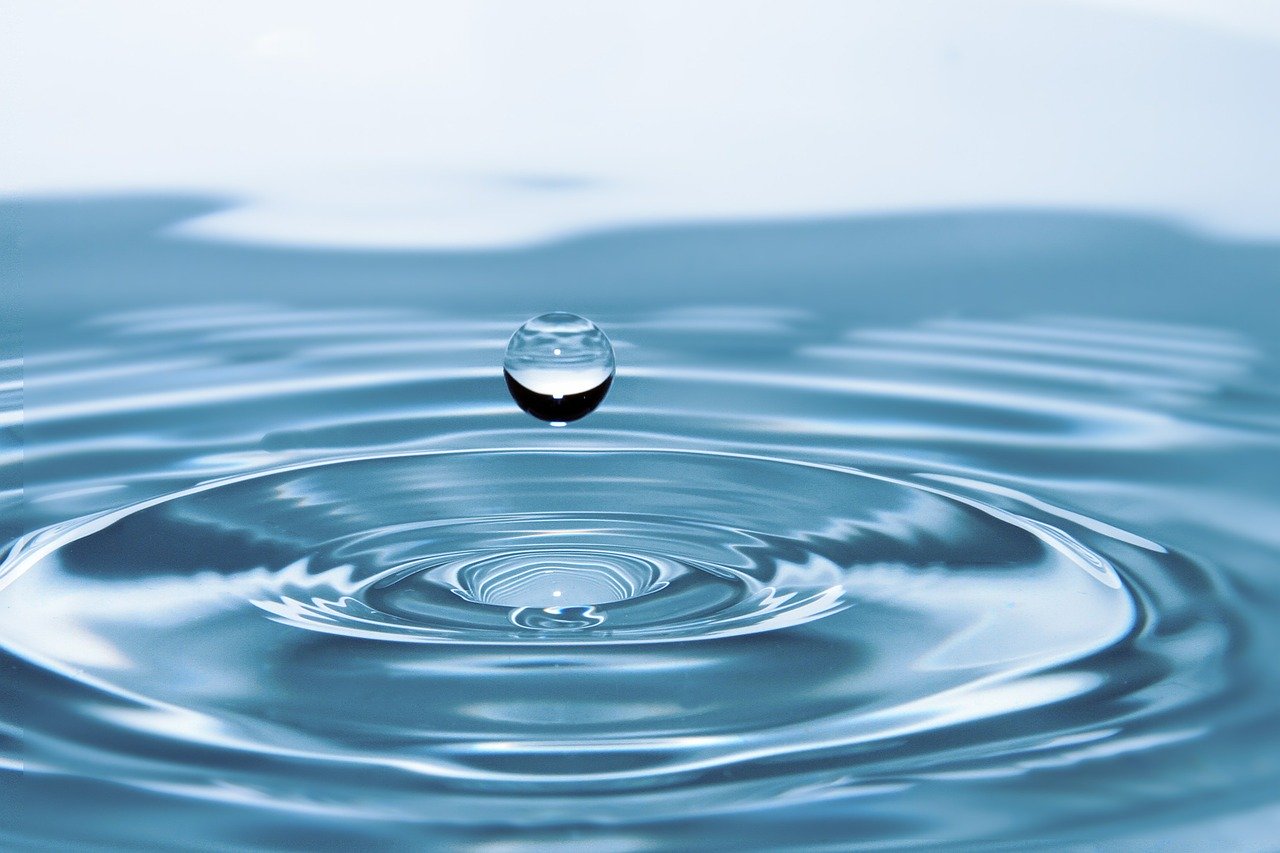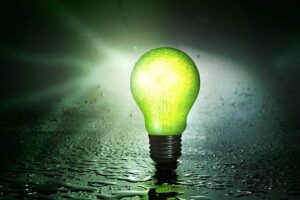India is facing a severe water crisis affecting millions of people nationwide. Bengaluru’s water shortage is a case in point. As the population grows, urbanization accelerates, the impact of climate change becomes more pronounced, and the strain on India’s water resources continues to intensify. Water crisis is a complex challenge that demands multifaceted solutions.
India’s water crisis is deeply rooted in a combination of factors, ranging from rapid population growth and urbanization to inefficient water management practices and the adverse effects of climate change. As more people move to cities, water shortage will only continue to grow. It’s time we realize that old-fashioned ways of managing water are no longer enough.
While the road ahead has many challenges, the potential impact of smart water meters in mitigating India’s water crisis cannot be overstated. It’s time for stakeholders across sectors to come together, embrace innovation, and chart a path towards a water-secure future for India
Smart water meters represent a tangible step towards addressing this challenge by harnessing the power of technology to optimize water usage and promote conservation. While the road ahead has many challenges, the potential impact of smart water meters in mitigating India’s water crisis cannot be overstated. It’s time for stakeholders across sectors to come together, embrace innovation, and chart a path towards a water-secure future for India.
The Role of Smart Water Meters:
Management guru Peter Drucker famously said, “You cannot control what you can’t measure”. This saying is absolutely true when it comes to water usage and management. Let’s take the example of a high rise apartment buildings. Most residential communities charge a flat fee on water instead of consumption-based billing. Due to this, most households have no idea about the quantity of water they consume. Smart meters enable individual households to monitor and optimize their water usage, thereby curbing wastage. Also, adoption of a consumption-based billing empowers the residents in optimizing water use by disincentivizing wasteful consumption.
Read more: How Gen AI is causing excitement & apprehension globally in an election packed year
Smart water meters signify a fundamental shift in how we manage water resources. By utilizing IoT (Internet of Things) technology, these devices offer real-time monitoring and data analytics features that enable individuals to make informed decisions about their water usage.
Benefits of smart water meters
Measures every drop: Smart water meters promote transparency by offering users detailed insights into their water consumption patterns. Through user-friendly interfaces and mobile applications, consumers can track their usage trends, identify areas for improvement, and adopt more water-efficient behaviors. Let’s take the example of two apartments in Bengaluru that have opted for Smart Water meters. One of them experienced a 20% reduction in water usage, decreasing from 50,000 liters per day to 40,000 liters per day. The other saw a 40% reduction, decreasing from 45,000 liters to 27,000 liters daily.
Efficiency through immediate leak detection: One of the primary advantages of smart water meters is their ability to detect leaks and identify wastage in real-time. Smart water meters can find leaks and notify the user immediately. This saves water and saves money because people don’t have to pay for wasted water.
Easy access to data: The accessibility to consumption data is a critical feature of smart water meters. People can check how much water they’re using anytime, anywhere, using their phone or computer. This makes it easy for everyone to keep a tab on their water use and encourages proactive conservation efforts.
The road ahead
As summer approaches, urban areas throughout India, including major cities like Chennai and Bengaluru, face severe water shortages. This is a repeated scenario year after year. According to a report from the World Wide Fund for Nature (WWF) in 2020, by 2050, 30 cities in India would face severe water risk. For India’s water crisis, adopting smart water meters holds immense potential to drive positive change. By reducing leakages, and promoting responsible water usage, these devices contribute to the overarching goal of sustainable water management.
Challenges in adoption of smart meters
While the benefits of smart water meters are undeniable, their widespread adoption in India faces several challenges. Infrastructure constraints and technological literacy issues challenge deployment and usage. However, these challenges also present opportunities for collaboration between government agencies, technology providers, and civil society organizations to address barriers and drive inclusive adoption of smart water meters.
Read more: Software development job market competition reaches new heights
India needs to use all available tools to tackle its water crisis, and smart water meters is one such tool. They use technology to help people use water more efficiently and save more of it. The road ahead isn’t easy but with collaboration, we can ensure sufficient water for everyone in India, both now and in the future.

Guest contributor Jitender Thirwani is the COO of SmarterHomes, a company trying to transform water management through IoT based smart ultrasonic water meters with LoRa tech. Any opinions expressed in this article are strictly those of the author.












